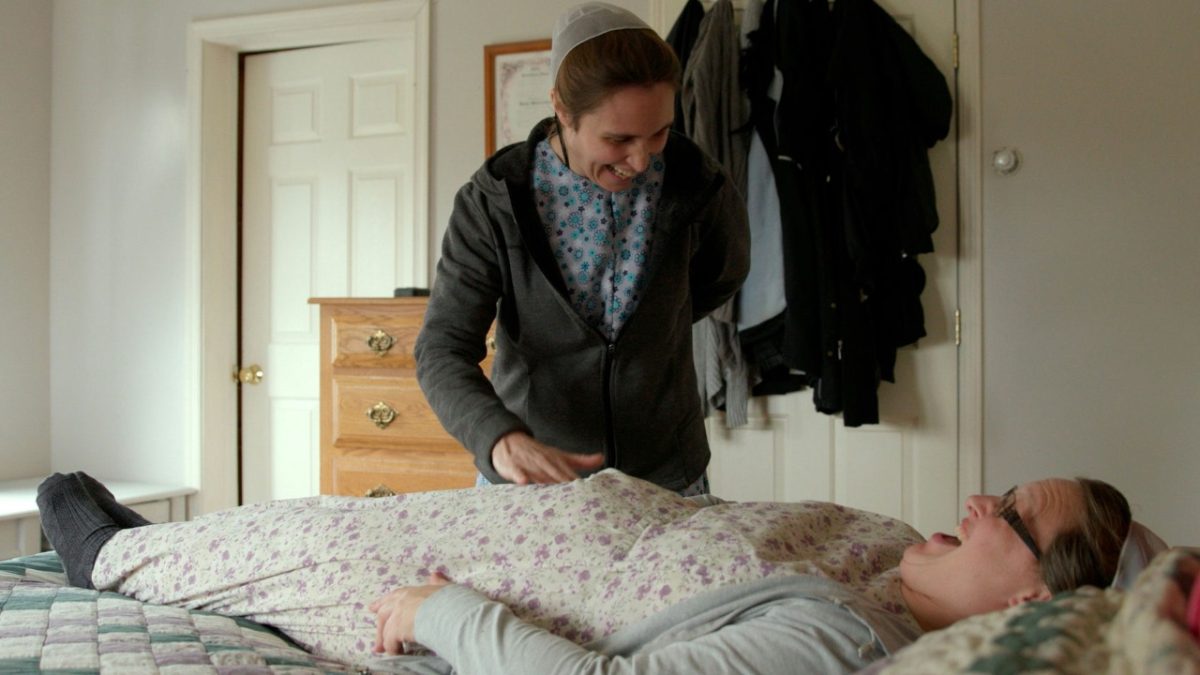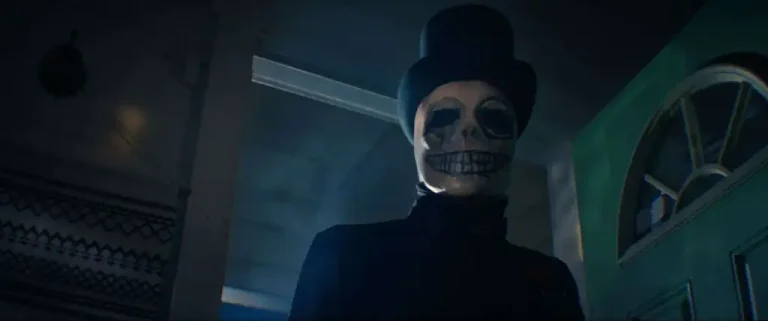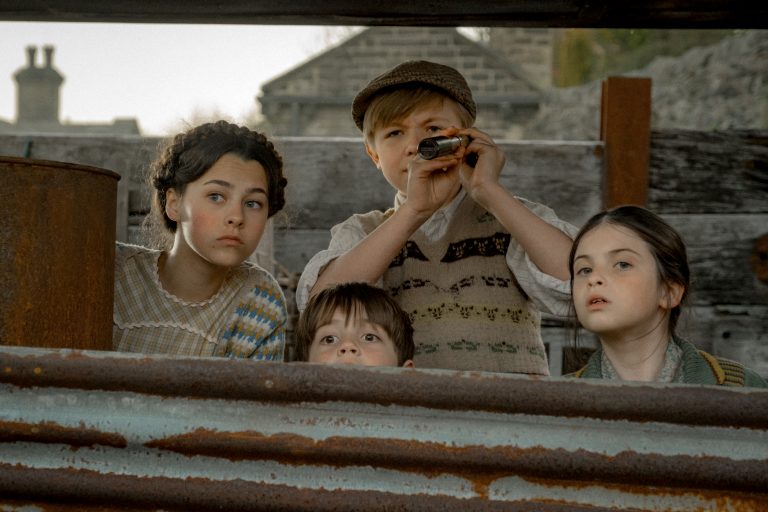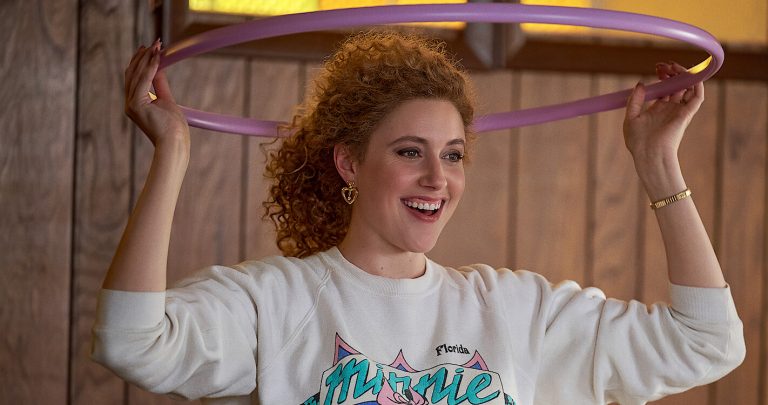Elaine Epstein’s new documentary “Arrest the Midwife” offers a personal look into an ongoing fight from midwives to continue working in this delicate profession. It documents the lives of three midwives who have been helping the Amish and Mennonite communities during childbirth. They play a vital role in the lives of these communities’ women, who wish to give birth at home with their support for faith-based reasons.
These communities do not engage with the modern world as the rest do. Their lives remain largely detached from any technology, and they rarely leave the borders of their community. The fact that they helped a documentary team convey their story in this form reveals the urgency of their situation. These women share parts of their lives, including their experiences with midwives as opposed to those in hospitals. It takes us to the emotional component of this fight and why their cause is an important part of the ongoing struggles for reproductive rights.
Amish and Mennonite communities’ women might be giving birth with the midwives’ aid as a result of their belief system. Still, there is an underlying thread that ties their stories to those of other women who choose this alternative. They prefer the emotional warmth they receive from midwives in a comforting home setting rather than the clinicality of medical wards. Women share personal accounts of their time in hospitals, which reveal how the cold, dreariness of these spaces put them off from reentering. The doctors often do not understand how delicate these situations are.
The sheer lack of emotional concern in these check-ups and interactions makes midwives even more crucial to this ecosystem. They lead with compassion, countering the painfully impersonal nature of many medical interactions. That is one reason their support seems essential to women, whether or not they are part of these communities. However, it has become increasingly challenging for midwives to continue providing their services out of fear of getting arrested or charged for unlawful practice. The film presents the roots and nature of these anxieties through the eyes of three midwives who worked in New York state and have faced the said charges.

Liz Catlin, who has been helping these women for decades, was brought to court to defend herself against the complications during a childbirth she monitored. Epstein’s film sheds light on gaps in the hospital’s communication with Catlin, who sought medical services in accordance with the stipulated regulations. It leads us to the current situation of CPMs (Certified Professional Midwives) in New York, where their services are deemed unlawful. Even in the past, midwives faced challenges when local authorities expected them to further their education through courses and degrees to keep working as authorized workers in this domain.
While the expectations for updated education for medical professionals may be valid, their costs are the core matter of concern. To keep working as midwives, they need to cover academic costs while also losing their source of income. Epstein highlights the trickiness of this situation while pointing to its deep ties to the commercialization of birthing services in the past century. Before the medical profession was industrialized, women were helping other women during childbirth for centuries. Once it entered that cultural shift, privileged men often got the chance to be medical professionals, while women didn’t even get that education in many parts of the world.
The film compels us to consider these structural issues, whether directly or indirectly motivated by misogyny, potentially motivating the corporations to erase the presence of midwifery services systematically. While addressing the overarching concerns, Epstein handles the stories of community members with great care. She offers a glimpse into their simple lives while letting their personalities shine through these interactions, led with affection and curiosity.
She lends the same gentle touch to her interviews with the three midwives, Liz Catlin, Melissa Carman, and Lissa Horning, who appear as strong pillars supporting these communities. Her film conveys their lasting commitment to their patients’ well-being, while offering them the grace and dignity they deserve.
While speaking about the midwifery practice rights, it briefly mentions the impact of ongoing legal changes on their future, which affects marginalized people and ethnic minorities even more. However, it does not delve deeper into the racial tensions guiding these decisions. It misses an opportunity to offer a more comprehensive picture of the crisis, including women from diverse backgrounds who seek this service and bear its brunt. Nonetheless, it provides a much-needed look into this fight tied to bodily autonomy.






![Censor [2021]: ‘Berlinale’ Review – An uneven homage to video-nasty and the aftermath of violent proceedings](https://79468c92.delivery.rocketcdn.me/wp-content/uploads/2021/03/Censor-Berlinale-highonfilms-2-768x432.jpg)

